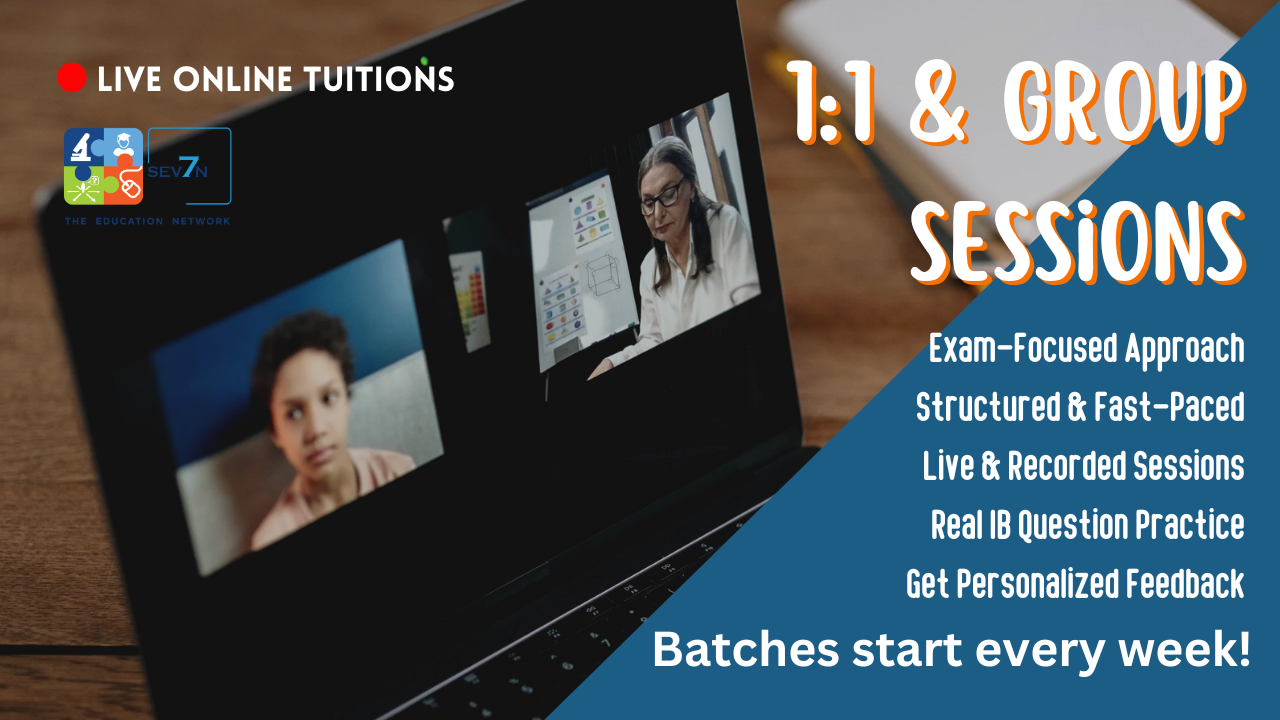This website is a big repository of Theory of Knowledge (TOK) for the IB community. The content is comprehensive and created with detailed exploration, introspection, and critical research to make it as robust and engaging for the IB teachers, schools, and students. The content is penned down on all the TOK facets, with detailed understanding and tips on how to ace in TOK essay and TOK exhibition. Students get exposed to hundreds of real-life examples and objects, which incite their thinking bulbs. In addition, teachers get mind-boggling ideas on TOK lesson plans, TOK unit planners, TOK presentations, and 100’s of TOK classroom activities to teach TOK most creatively, being the best version of themselves!
This content is for Monthly and Annual members only.
Login Join NowStep into a world of interactive learning where TOK, ATTL, and the IB Learner Profile come alive! Subscribe now for full access to our groundbreaking resources and join a community of educators dedicated to creating a dynamic and engaging learning environment.






